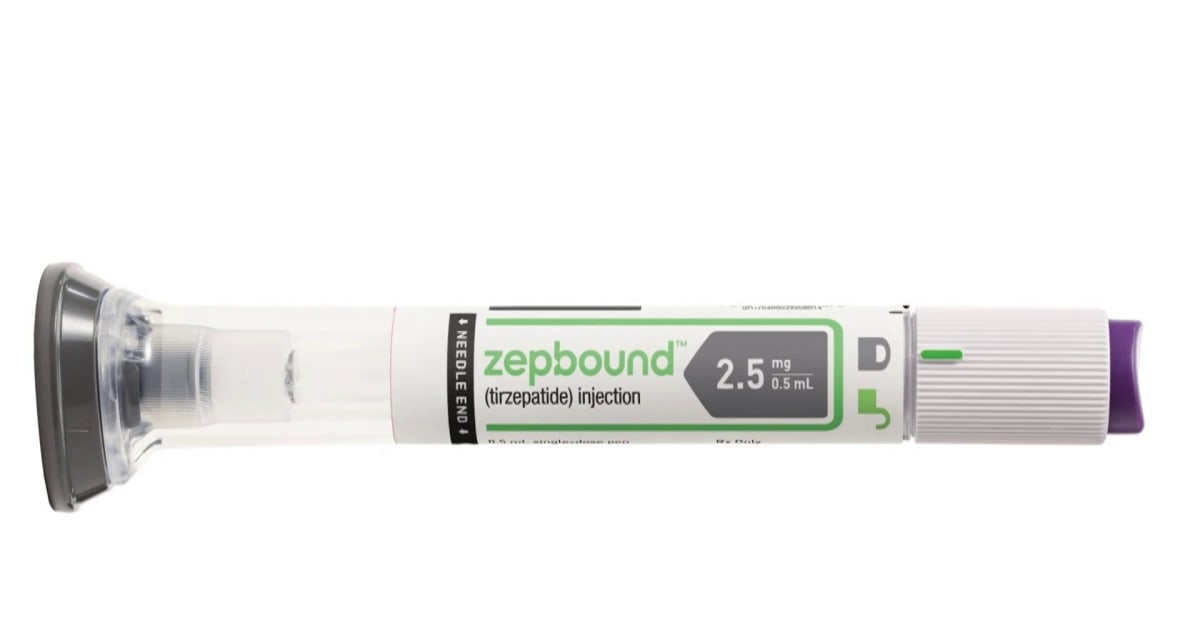
:max_bytes(150000):strip_icc():format(jpeg)/health-GettyImages-709133917-13366e8474a94e93b3540acbc5224e1a.jpg)
Gastroparesis is a digestive disorder that makes it difficult for your stomach muscles to function properly as they push food down into the small intestine. This process of pushing food out of the stomach and into the intestine is called gastric emptying.
When gastric emptying occurs too slowly, uncomfortable symptoms like nausea, bloating, and abdominal pain may result. However, treatments like dietary changes, supplements, medications, and surgery can help relieve symptoms.
If you live with gastroparesis, a gastroenterologist (a doctor who specializes in the digestive system) can help guide treatment. The main treatment goals are to manage symptoms, improve nutrition, and move food through the digestive system more effectively. The right treatment for you will depend on the cause, symptoms, and severity of your gastroparesis.
The first line of treatment for gastroparesis is making changes to your diet and eating habits. Certain foods slow down digestion or are harder to digest. Avoiding these foods and focusing on easier-to-digest foods may help improve symptoms. Consider these tips as you make changes to your eating plan:
- Avoid spicy, fatty, and acidic foods
- Reduce intake of insoluble fiber, such as beans, nuts, and seeds
- Limit carbonated drinks, alcohol, and tobacco
- Cook all food thoroughly
- Consider trying pureed foods
- Eat more soft or liquid foods, such as smoothies or soups
- Drink plenty of water and other hydrating beverages, such as electrolyte boosters
What you consume is just one part of the equation. Your habits also matter. These changes to your eating habits can help improve digestion and reduce gastroparesis symptoms:
- Eat smaller meals more often (such as five or six small meals instead of three large meals)
- Chew your food slowly and thoroughly before swallowing
- Do some mild exercise after eating, like taking a walk
- Try not to lie down for at least two hours after eating
Sometimes, nausea and vomiting that occur with gastroparesis can lead to malnutrition and unintentional weight loss. It’s important for people with gastroparesis to make sure they get enough vitamins, minerals, and calories to maintain their health.
If you cannot get enough nutrients from your diet, your healthcare provider may suggest using the following strategies:
- Drink nutritional formulas
- Take vitamin supplement pills
- Insert a feeding tube through your mouth or nose to deliver nutrients directly into your small intestine
- Supply nutrients intravenously (through a vein) to your bloodstream
- Use jejunostomy feeding, which creates a hole in your abdominal wall to your jejunum (a part of the small intestine) to receive nutrients
Healthcare providers often prescribe different types of medications to help relieve gastroparesis symptoms. They prescribe many of these drugs off-label. This means the U.S. Food and Drug Administration (FDA) has not specifically approved these drugs to treat symptoms of gastroparesis, but the medication can still help you feel better. Depending on your symptoms, your provider may prescribe:
- Prokinetics: Help stimulate the stomach muscles to work more effectively, moving food into the small intestine more quickly. Examples include Reglan (metoclopramide) and Erybid (erythromycin). Generally, these medications are only for short-term use.
- Antiemetics: Control nausea and vomiting, which are common symptoms of gastroparesis. Examples include Compazine (prochlorperazine), Zofran (ondansetron), and Avomine (promethazine). Over-the-counter forms include Pepto-Bismol (bismuth subsalicylate) and Benadryl diphenhydramine).
- Motilium (domperidone): Combines the effects of prokinetics and antiemetics to help relieve symptoms. However, this drug is currently considered an investigational drug, so it is available only through a special FDA program. This medication can also have serious side effects, so it’s important to talk to your healthcare provider in detail before starting the drug.
- Antidepressants: Can relieve abdominal pain, nausea, and vomiting. Examples include Remeron (mirtazapine) and Allegron (nortriptyline).
If other treatments are ineffective and pressure builds up in the stomach, a venting gastrostomy may be necessary. This procedure involves creating a hole in the abdominal wall that leads to the stomach (called a gastrostomy) and inserting a tube into the hole. The tube allows stomach contents to drain out, which can relieve pressure and pain in the stomach.
Gastric electrical stimulation (GES) is a treatment option for people with severe gastroparesis who haven’t responded well to other treatments. GES involves surgically implanting a small device, similar to a pacemaker, that sends electrical pulses to the stomach muscles and nerves. These pulses can help improve symptoms like nausea and vomiting.
Only people with gastroparesis caused by diabetes or an unknown cause, for whom medications are not effective, should use GES as a treatment method. While it can be effective, the procedure has risks (such as infection), and the device battery must be replaced every 10 years.
Certain endoscopic procedures, such as gastric endoscopic pyloromyotomy (G-POEM), may also help relieve symptoms of treatment-resistant gastroparesis.
In this minimally invasive procedure, a healthcare provider uses an endoscope (thin tube) to cut the muscles near the pyloric sphincter, the valve between the stomach and the small intestine. Cutting these muscles helps the opening relax so that food can pass through more easily.
Some studies have shown that acupuncture can effectively reduce gastroparesis symptoms in people with diabetes. Research showed that acupuncture improved bloating and feelings of fullness during and after eating. However, studies have not yet proven that acupuncture is helpful for gastroparesis stemming from causes other than diabetes.
If treated properly, gastroparesis generally does not shorten life expectancy. However, people with severe or treatment-resistant gastroparesis may have poor quality of life due to ongoing symptoms. About 1 in 5 may need long-term tube or parenteral feeding, and some may require frequent hospitalizations.
Researchers are investigating several possible new drug treatments for gastroparesis via medications and nasal sprays that can help treat symptoms more effectively.
If left untreated, gastroparesis can lead to other serious health complications, so it’s important to seek support from your healthcare provider if you develop symptoms of this condition. Otherwise, you may have a higher risk of developing:
- Dehydration
- Malnutrition
- Unintended weight loss
- Ulcers or bleeding in the digestive tract
- Worsening diabetes symptoms
Living with gastroparesis can be challenging, but there are several things you can do to improve your quality of life. These tips can make living with gastroparesis more manageable:
- Work with a registered dietitian (RD) to create an eating plan that is right for your body’s needs
- Check your blood sugar levels regularly and take insulin on time if diabetes is the underlying cause of your gastroparesis symptoms
- Get regular exercise and physical activity to aid digestion
- Ask your healthcare provider if any of the medications you’re taking are contributing to your symptoms (such as antidepressants, opioids, or calcium channel blockers)
Having an underlying health condition can affect several areas of your life, but living well is still possible. It’s important to advocate for your needs, take treatments as directed, and communicate with your healthcare team and loved ones when you need support.








